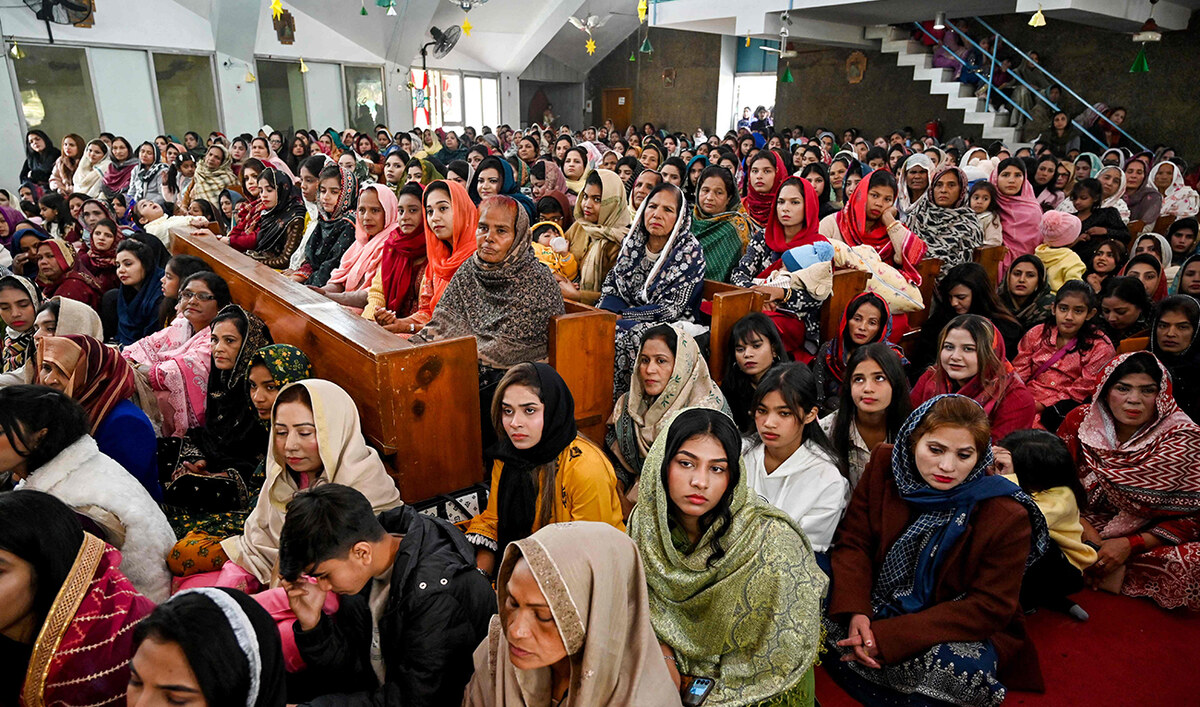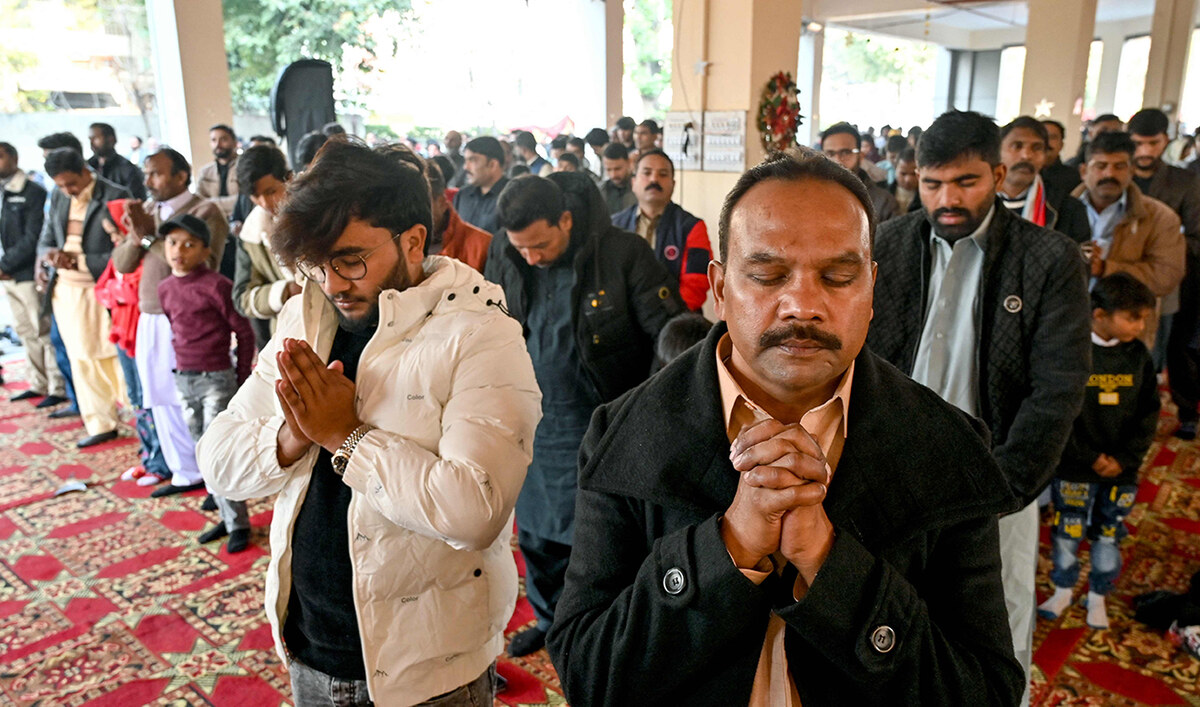ISLAMABAD: Prime Minister Shehbaz Sharif said on Thursday the country’s parliament would decide the schedule for next general elections while extending an olive branch of dialogue to former premier Imran Khan’s Pakistan Tehreek-e-Insaf (PTI) party despite political differences with it.
The prime minister was addressing the National Assembly hours after Khan called off his anti-government protest in the federal capital while asking the government to dissolve the assemblies and announce fresh elections within six days.
Sharif said there was no room for “chaos and anarchy” in the country, adding that his administration was doing its best to revive Pakistan’s fragile economy.
“This house will decide when to hold elections,” he said while referring to Khan’s six-day deadline. “Your dictation will not work.”
The prime minister also emphasized the need for dialogue to sort out all outstanding political issues.
He said his coalition government would continue to address the challenges faced by the country and try to strengthen its economy.
Sharif criticized the PTI leaders for allowing their party workers to clash with law enforcement personnel while applauding the security forces for diligently performing their duties.
Earlier in the day, Pakistan’s top court dismissed the government’s petition seeking contempt of court proceedings against Khan for what it described as a violation of the court ruling.
The Supreme Court on Wednesday ordered the federal government and PTI to constitute negotiating committees and meet at 10pm to finalize modalities for peaceful and safe conduct of Khan’s long march to the capital.
However, the negotiations were not held as both sides claimed the other’s representatives did not show up.
The court had also ordered the government to designate a spot in H-9 sector where the protesters could rally. However, PTI workers and supporters converged at D-Chowk near the parliament building instead, and Khan held his rally at Jinnah Avenue.
A five-member bench of the apex court heard the government’s petition and dismissed it, saying it would give its reasons in a detailed verdict to be released later.
On Thursday morning, thousands of PTI supporters, who had gathered at D-Chowk after arriving from different parts of the country, dispersed peacefully following Khan’s address to them.
The speech followed a long political drama that included clashes between demonstrators and police, and arrests of hundreds of Khan’s supporters across the country.
“We are leaving for our homes now, but will come back again on Khan’s call to topple the government,” Hassan Shirazi, a demonstrator from Pakpattan city, told Arab News.
Shortly after the protest ended, the Islamabad district administration started removing shipping containers to unblock all roads in the federal capital and adjoining Rawalpindi city.
Police and other law enforcement personnel requisitioned from other provinces were also seen packing up and boarding buses to go back to their stations.
The administration also reopened Jinnah Avenue, which became the main protest venue, and all other roads in Islamabad, including Srinagar Highway and Islamabad Expressway.
Entry into the Red Zone, which houses important buildings like parliament and the Supreme Court, is however still restricted and only allowed from Margalla Road.





















